
"Where our experience is your advantage"

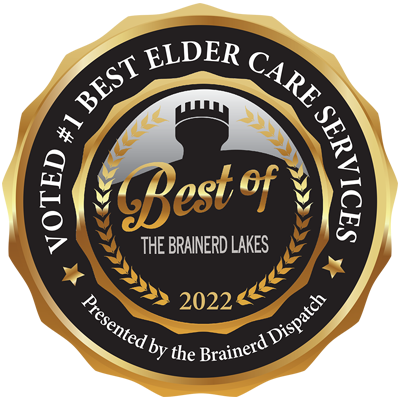
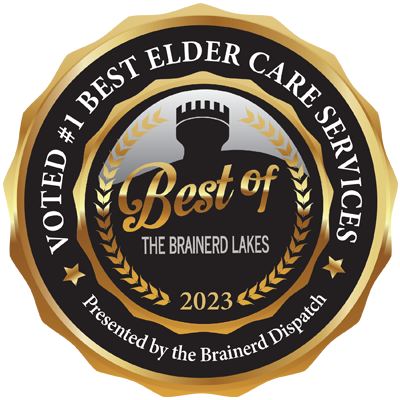
Licensed, Certified, Bonded, and Insured
Serving All of Central/Northern Minnesota
218-838-4543
Steps For Hiring the Right In-Home Caregiver
Find a Qualified Candidate Who Will be Compassionate and Loving Towards Your Loved One
Step 1- Know your needs
Knowing what you are looking for is the first step in any hiring process. Think about the individual in need. Ask yourself questions like how many hours of help will they need? What time of day do they need the most assistance? What tasks do they have the most trouble completing? When working with Advantage PCA & Senior Care, our caregivers will always follow the personalized care plan created with an RN/Supervisor and the client or family member. This will help ensure that you and the caregiver are on the same page.
Step 2- Consider the finances
Now that you know the help that is needed, it is time to consider the budget. Knowing your budget will help you decide how many hours of care you can afford. Advantage PCA & Senior Care has no hidden fees or unexpected costs. Knowing the cost up front, before hiring a caregiver, can help reduce the stress of having any unexpected expenses. Our agency has over 14 years of experience in providing quality care, making it a very good option when it comes to in-home care agencies. You can’t put a price on the health and safety of your loved one!
Step 3- Interview Process
Contact Advantage PCA & Senior Care to start your search for the perfect care provider for your loved one. This is your chance to learn about our agency and get to know the caregivers. Don’t be afraid to ask questions! Asking things like, “What is your past experience?” or “How would you handle a given situation?” can help you get a feel for the ability and knowledge of a caregiver. When interviewing caregivers, ask them about their experience with dementia and Alzheimer's disease and inquire about how they would handle their personality. Ask if they have experience in the field of mental health or working with seniors.
Have a list of questions to ask going into the interview. This will help you to stay on topic and not forget to discuss something important. Be sure to also discuss safety hazards that may be prominent in your loved one’s home. This will ensure that the caregiver has all of the knowledge they need to keep the client safe. An added benefit of Avantage PCA & Senior Care is that we provide RN supervision of the client & caregiver.
Step 4- Reference and background check
Older adults are often victims of fraud or deception. At Advantage PCA & Senior Care all caregivers undergo a thorough background check and our agency is licensed, certified, bonded, and insured. When hiring Advantage PCA & Senior Care, you will have the peace of mind that our caregivers have passed a rigorous screening process, making your job in this process a touch easier!
Step 5- Commit to Open Communication
The caregiver is a key component to the care and well-being of your loved one. When you are committed to using open communication, your caregivers can be more productive and consistently deliver quality care. This helps to ensure your satisfaction with our caregivers and their performance. There are additional aspects that can affect communication such as personality, age, and living situation. Caregivers need to make sure they take into account these factors when trying to communicate with a loved one or friend who is sick or elderly. Everyone communicates differently, at Advantage PCA & Senior Care we spend time learning the preferred communication style of our clients.
Advantage PCA & Senior Care is a locally owned and operated Agency. Our staff has extensive knowledge and experience in managing the care and understanding the unique needs of seniors and those needing assistance completing their daily cares. We are licensed, certified, bonded, and insured.
If a loved one needs assistance with their activities of daily living, turn to our professional caregivers for all your home care needs.
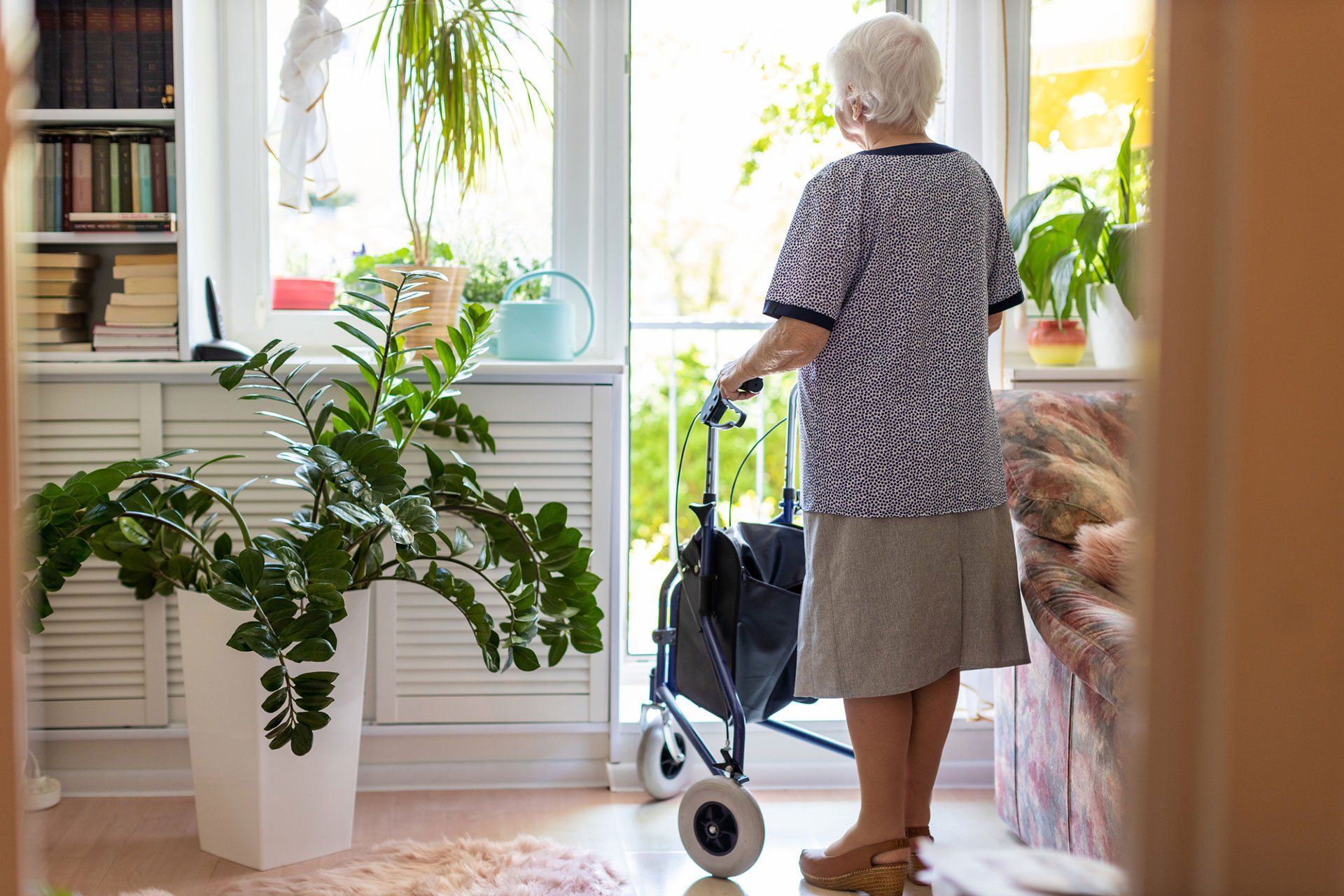
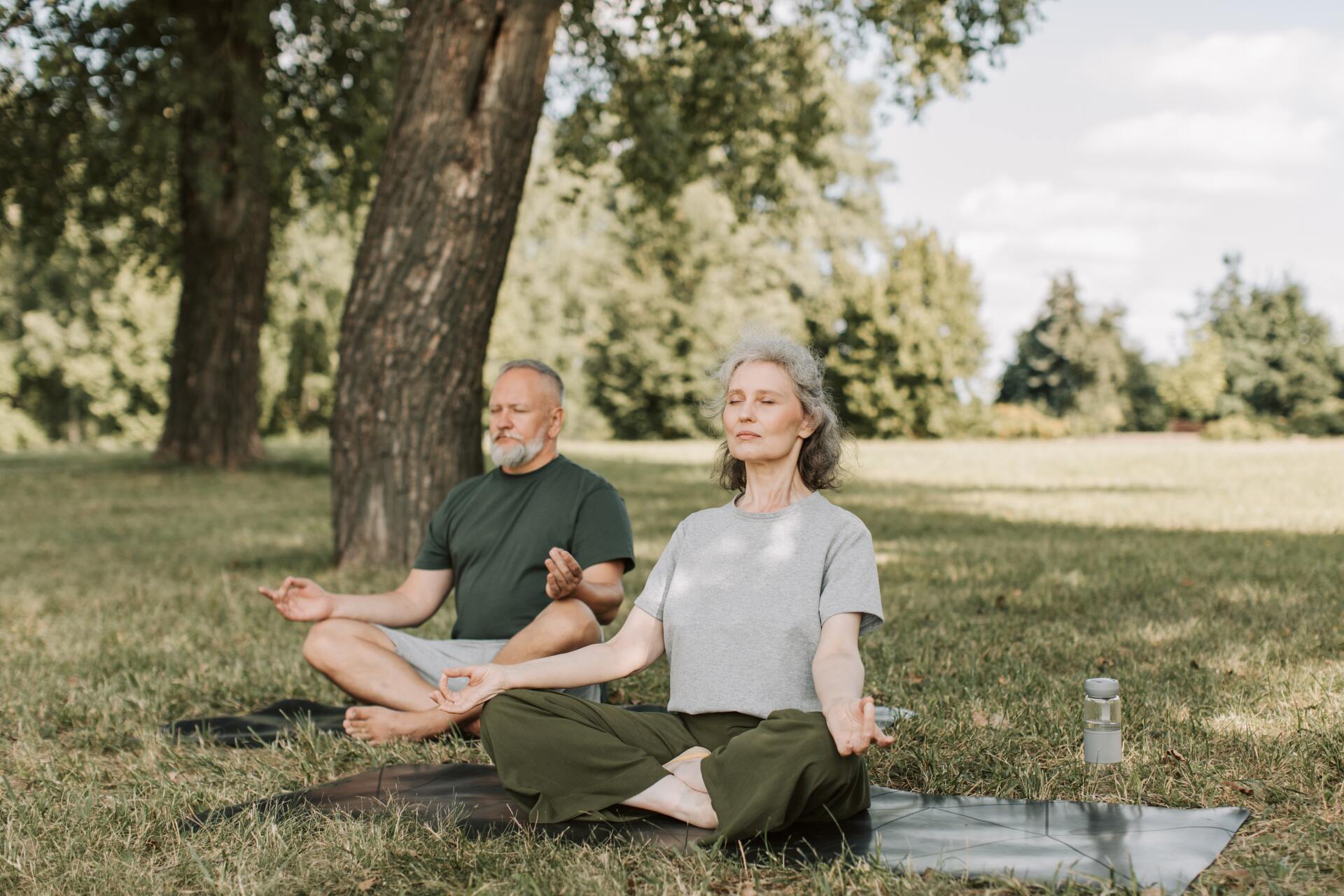


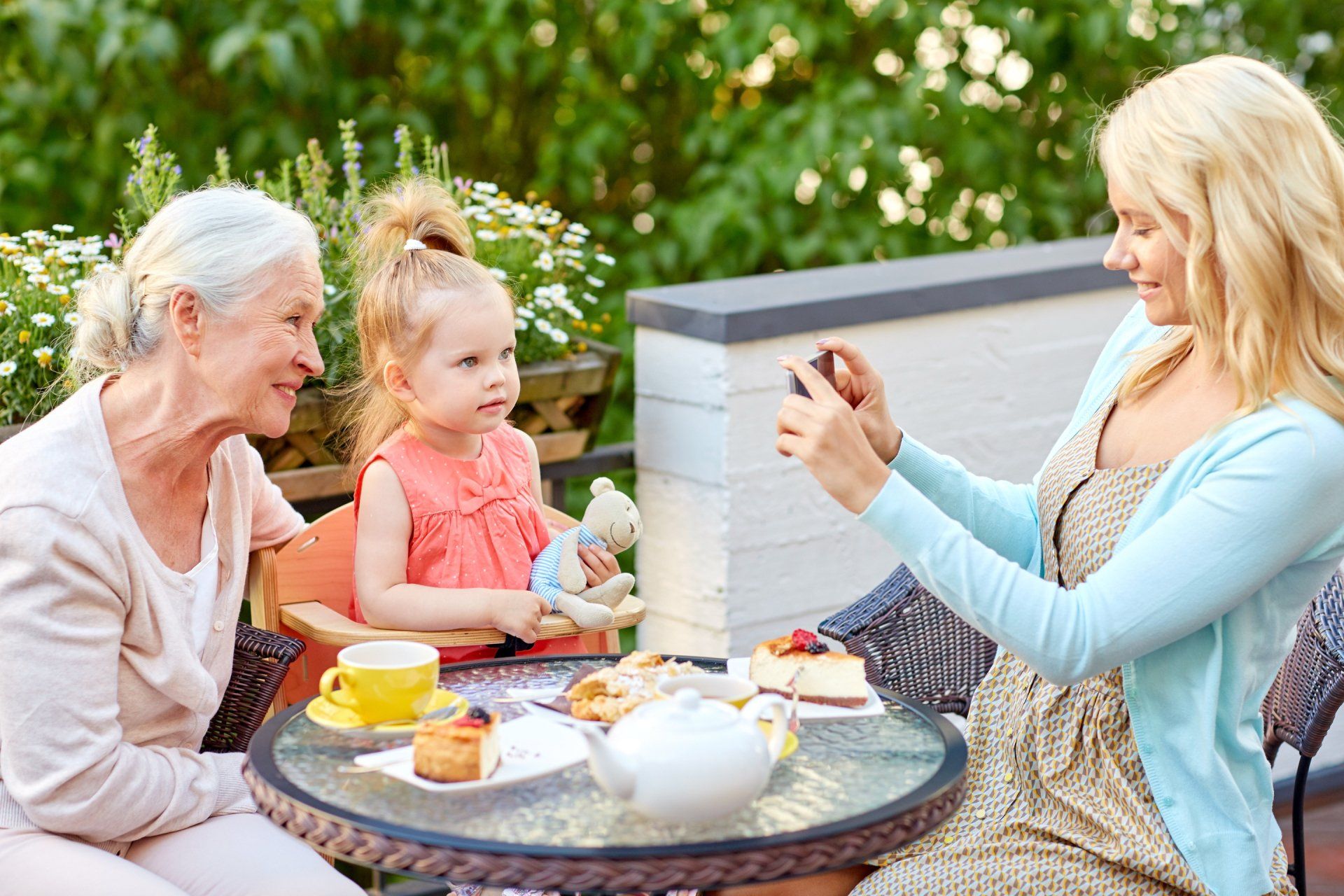
About Us
Advantage PCA & Senior Care is a locally owned and operated Agency. Our staff has extensive knowledge and experience in managing the care and understanding the unique needs of seniors and those needing assistance completing their daily cares. We are licensed, certified, bonded, and insured.
If a loved one needs assistance with completing their activities of daily living, turn to our professional caregivers for all your home care needs. From medication reminders to incontinence care, we can provide you or a loved one with exceptional non-medical, personal care assistance. Call today!
Contact Us
Advantage PCA & Senior Care
Brainerd/Baxter Office
13954 Cypress Drive Suite 102
Baxter, MN 56425
215 N. Central Ave, Ste 7
Duluth, MN 55807
Phone: 218-838-4543
Fax: 218-270-2600

